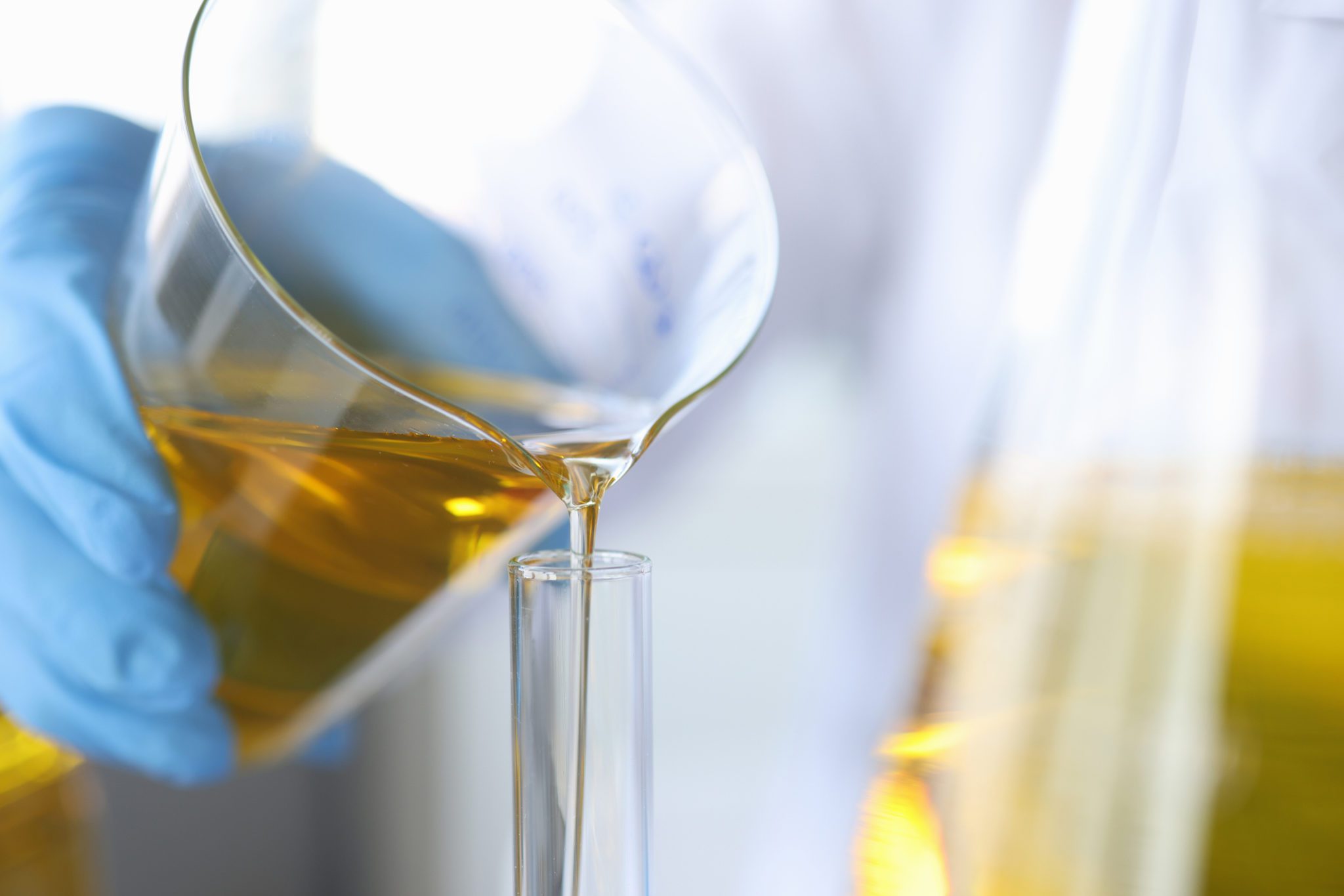Unlike your car engine, a generator is not something that gets used regularly; however, it still has an engine that needs both exercise and maintenance to ensure your generator will operate optimally in an emergency. A common culprit for malfunction is when the diesel fuel has gone bad, but what exactly is “bad fuel” and how does it affect a generator?
What is Bad Fuel
Bad generator fuel could mean there is excessive water or contaminants in your diesel fuel, or it could be algae growth that clogs your fuel filter. Testing a fuel sample taken in your annual service appointment is the most reliable way to determine what’s contaminating your fuel.

How do you know when you have bad diesel fuel? The first symptom of bad diesel fuel is a drop in your generator’s performance. If you don’t regularly test your generator under load then turn it on in an emergency, you will quickly know your fuel has gone bad when the generator slows down or shuts down.
On many engines there is also a clear bowl at the bottom of the fuel filter and separator where you can see sediment buildup. If sediment is visible there, don’t be surprised to find your fuel filter clogged.
How to Prevent Bad Fuel
How you ensure your generator has good fuel can depend on the size of your fuel tank. If you have a massive tank that holds 8,000 gallons, you need to pay extra attention to cleanup because the fuel most likely doesn’t get completely used regularly. Adding an antimicrobial treatment can help extend the life of your fuel, as well.
The more room in the tank, the higher the chances that microbes enter through the air vents or condensation forms from fluctuations in the outside temperature. And when it comes to generator fuel tanks, water is not your friend.
Another question to ask is – how long has your fuel been stored? At a minimum, regardless of the size of your fuel tank, you should clean your fuel every three years with diesel fuel polishing. Data centers and hospitals, due to the critical nature of their work, frequently opt for annual fuel cleaning.
How Bad Fuel affects your Generator
What’s the harm in bad generator fuel? It can damage fuel injectors and the fuel injection pump, ultimately compromising the performance of your generator. Not only will your generator not work when you need it most, but damage to injectors and pumps can be very costly.
We’ve seen generators that were so neglected, that the fuel tank was crusted with rust and debris and ultimately not salvageable. It’s especially likely if your generator is near the ocean and salty air, as condensation and environmental degradation are inevitable if you don’t perform regular maintenance on your generator.
Furthermore, if you don’t keep your fuel levels at 90% or more and don’t regularly polish your diesel fuel, condensation is more likely to form and cause a whole host of problems. Also, if you have an older generator, it is critical to stay on top of maintenance to stay ahead of these issues. Why? Finding replacement parts can be difficult for older generators, leaving a costly rebuild as your only option for repair.
Duthie Power technicians have seen it all when it comes to bad generator fuel, but we also know how to prevent you from ever having to deal with bad fuel. Regularly scheduled semi-annual and annual maintenance appointments will help you catch any brewing fuel issues before they put your generator out of commission.


